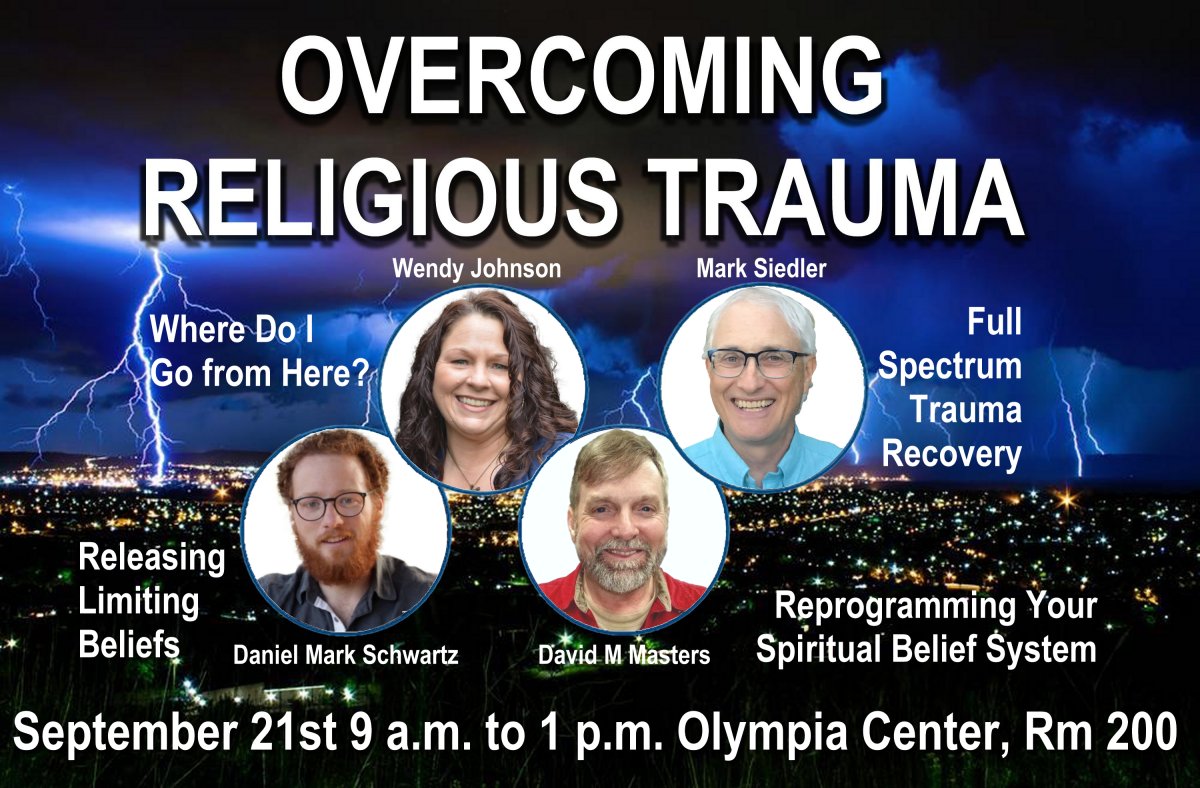Since when was it a virtue to take pride in one’s knowledge of the Bible and to look down upon those less versed in its teachings? Saint Paul, in his wisdom, reminds us that knowledge, when wielded with pride, puffs up while love, in its humility, builds up. There are pitfalls that accompany boasting about biblical knowledge, and one should use such knowledge as a bridge rather than a barricade in connecting with others.
The Danger of Pride in Biblical Knowledge:
As Paul aptly points out, “knowledge puffs up, but love builds up.” The emphasis here is on the potential arrogance that can accompany an inflated sense of biblical understanding. Some Christians, as the author observes, strut their knowledge of the Bible as if it were an accomplishment, a badge of spiritual superiority. This, however, stands in stark contrast to the essence of Christian love and humility.
Knowledge as a Bridge, Not a Barricade:
There was a time when I recited scripture in the King James translation, and I was proud of being able to do so. Was it intimidating to others? Yes. Did that bother me? No. Why? Because it was God’s word, it should intimidate any heathen. (Yes, there was a time…) And I can tell you that my efficacy in sharing the real meaning of the teachings and the love of Jesus fell on deaf ears, mostly due to my own pompousness.
Over time, I realized that relating the ideas from scripture in everyday language and framing them within our contemporary world using current events and data to support them was far more productive than quoting the scriptures verbatim.
The crucial realization emerges: the purpose of this knowledge is not to build walls of separation but to function as a bridge to connect with people. The call is to utilize biblical understanding not as a barricade, showcasing self-righteousness, superiority, or causing separation, but as a means to foster understanding and unity.
A Lesson from Pharisees:
The cautionary note is sounded that behaving otherwise puts Christians on the same ground as a religious group that incurred Jesus’ strong disapproval—the Pharisees. Carey Nieuwhof’s Top 10 Things Pharisees Say Today serves as a reminder that the pitfalls of pride and legalism are timeless. Using the Bible as a tool for exclusivity rather than inclusivity aligns with a mindset that Jesus vehemently opposed.
The Top 10 Things Pharisees Say Today
-
- “If he knew the Bible as well as I did, his life would be better.”
- “I follow the rules.”
- “You shouldn’t hang around people like that.”
- “God listens to my prayers.”
- “Sure I have a few issues, but that’s between me and God.”
- “They just need to work harder.”
- “Of course I’m a Christian.”
- “More people need to stand up for Christian values.”
- “I’m simply more comfortable with people from my church than I am with people who don’t go to church.”
- “People who don’t go to church can come if they want to.”
The Heart of the Matter:
The core message resonates: it was never about what one knows or doesn’t know, but about what God knows and, more profoundly, who God loves. Humility is the key to understanding the purpose of biblical knowledge—to deepen the connection with God and extend that love to others. The emphasis shifts from self-righteousness to a recognition of the immeasurable depth of God’s love and grace.
The resounding call is clear—use the Bible as a bridge to the culture, not as a barricade against it. Humility in the face of biblical knowledge is a testament to the understanding that, at its core, Christianity is about love, compassion, and connection. Let the knowledge of the Bible serve as a catalyst for building bridges, fostering understanding, and, above all, embodying the profound love that lies at the heart of the Christian faith.
References:
- The Top 10 Things Pharisees Say Today, Carey Nieuwhof

